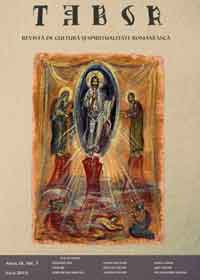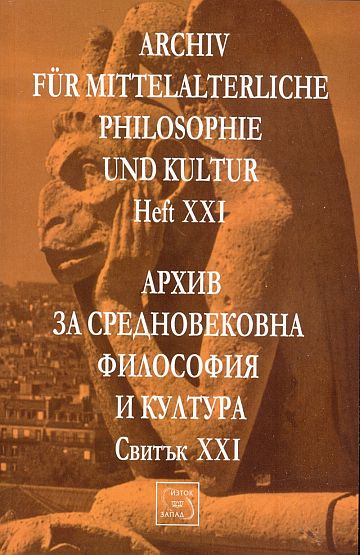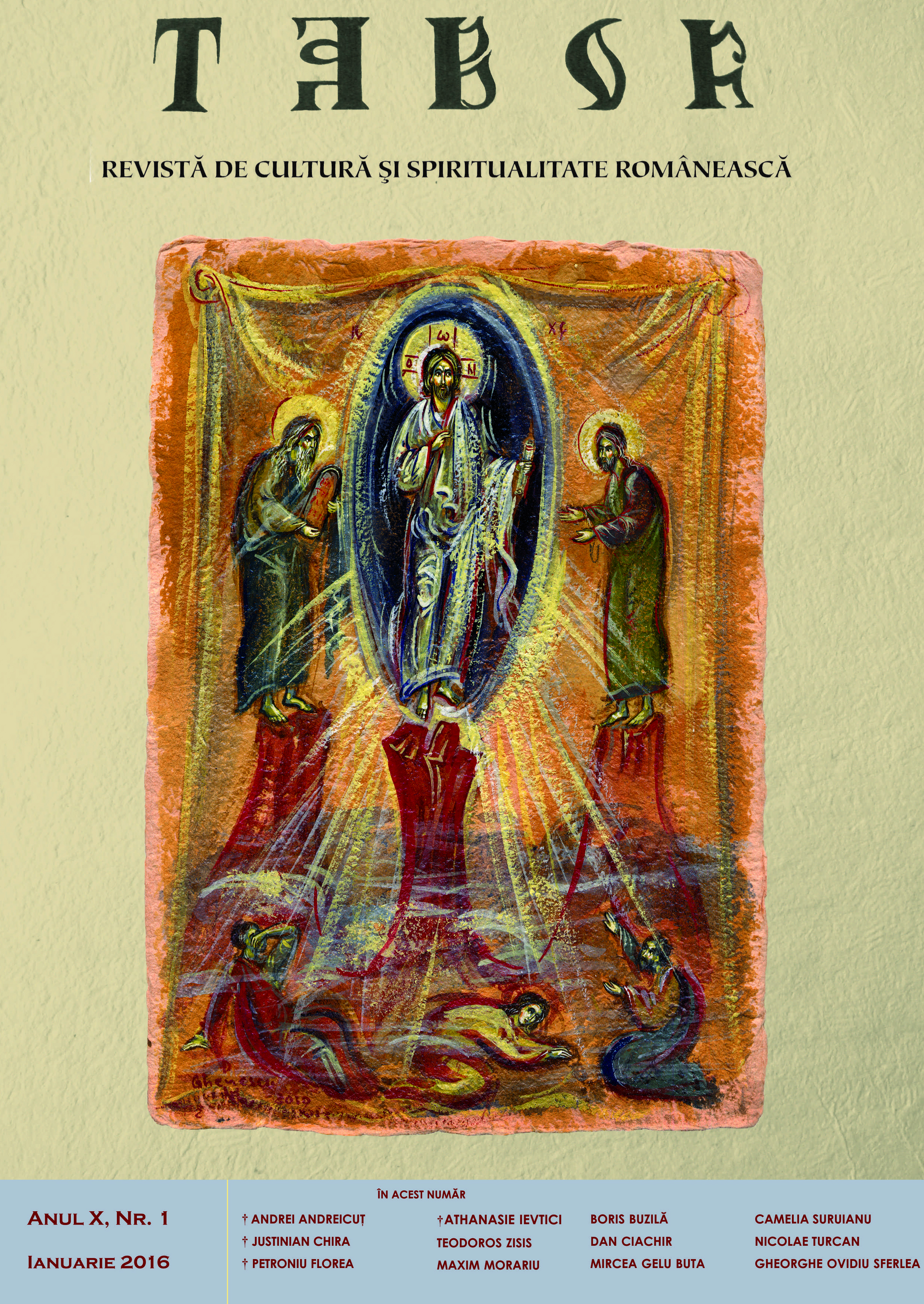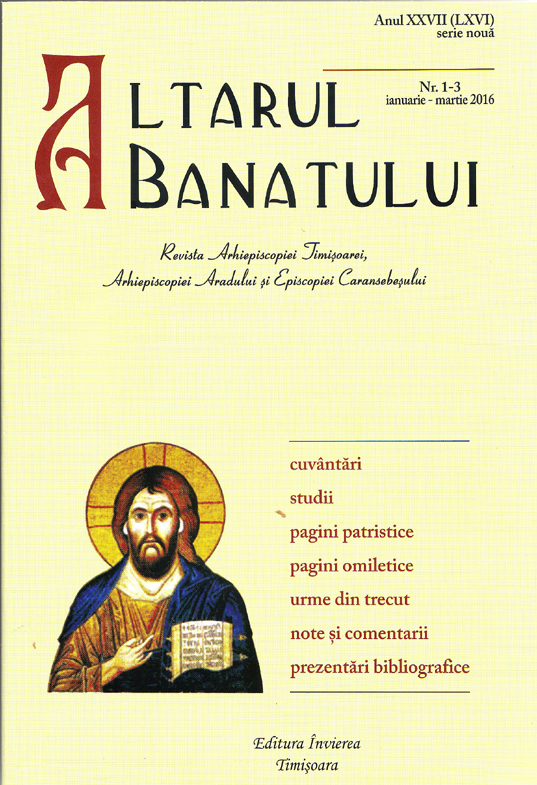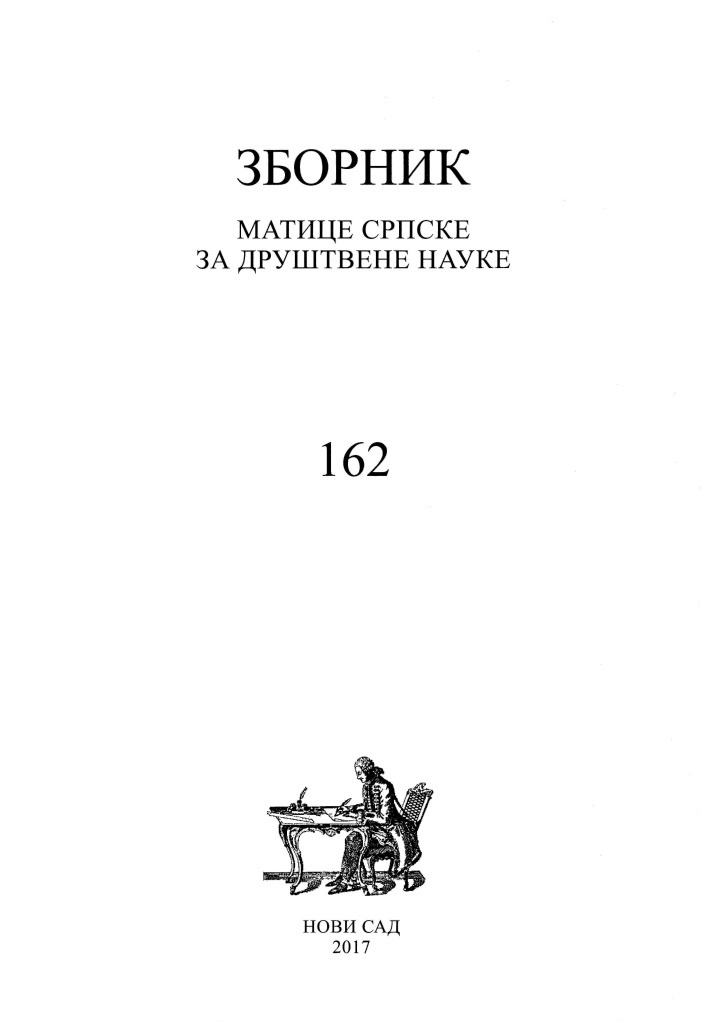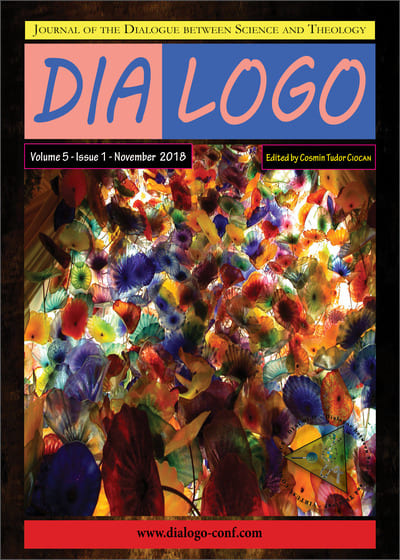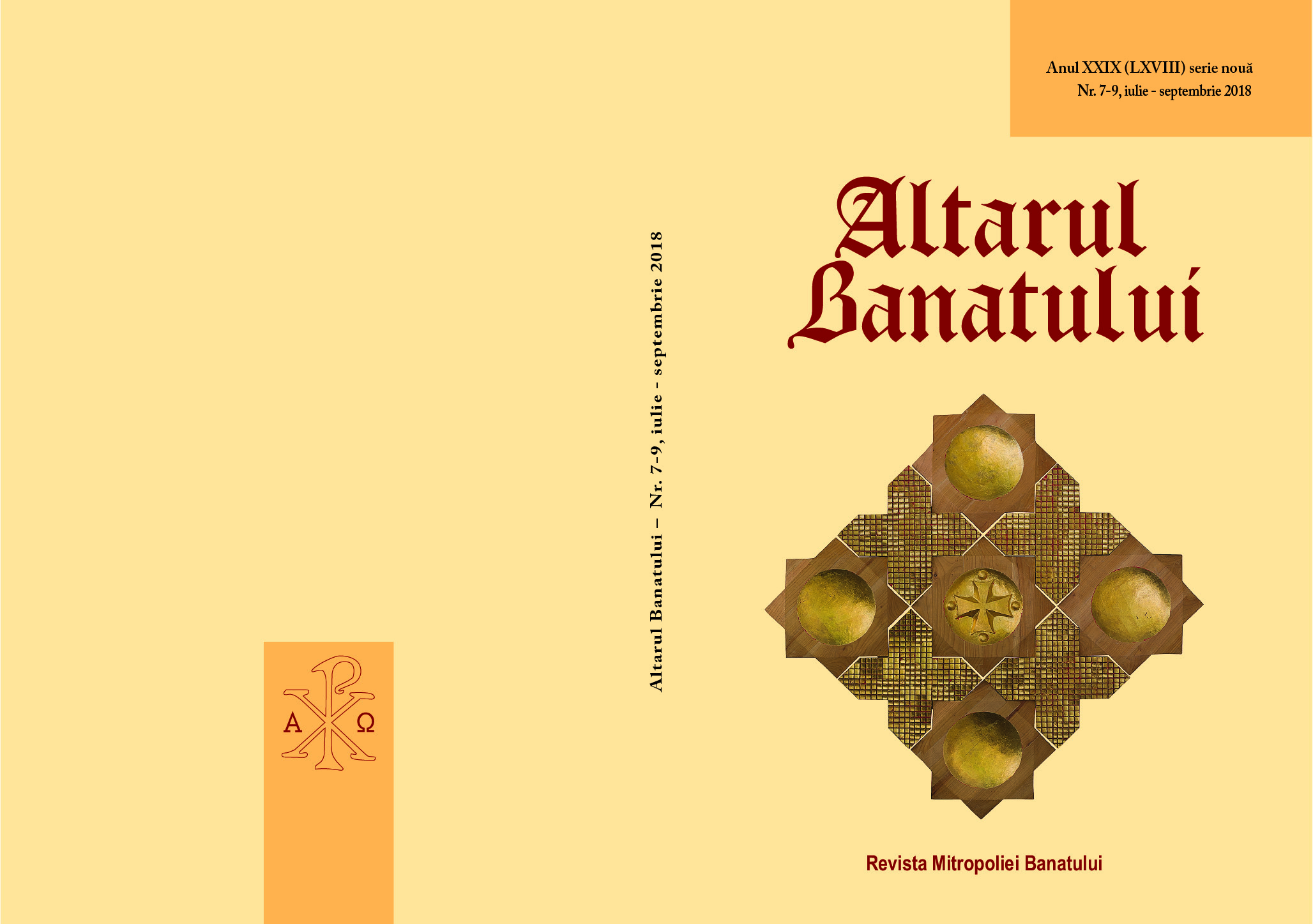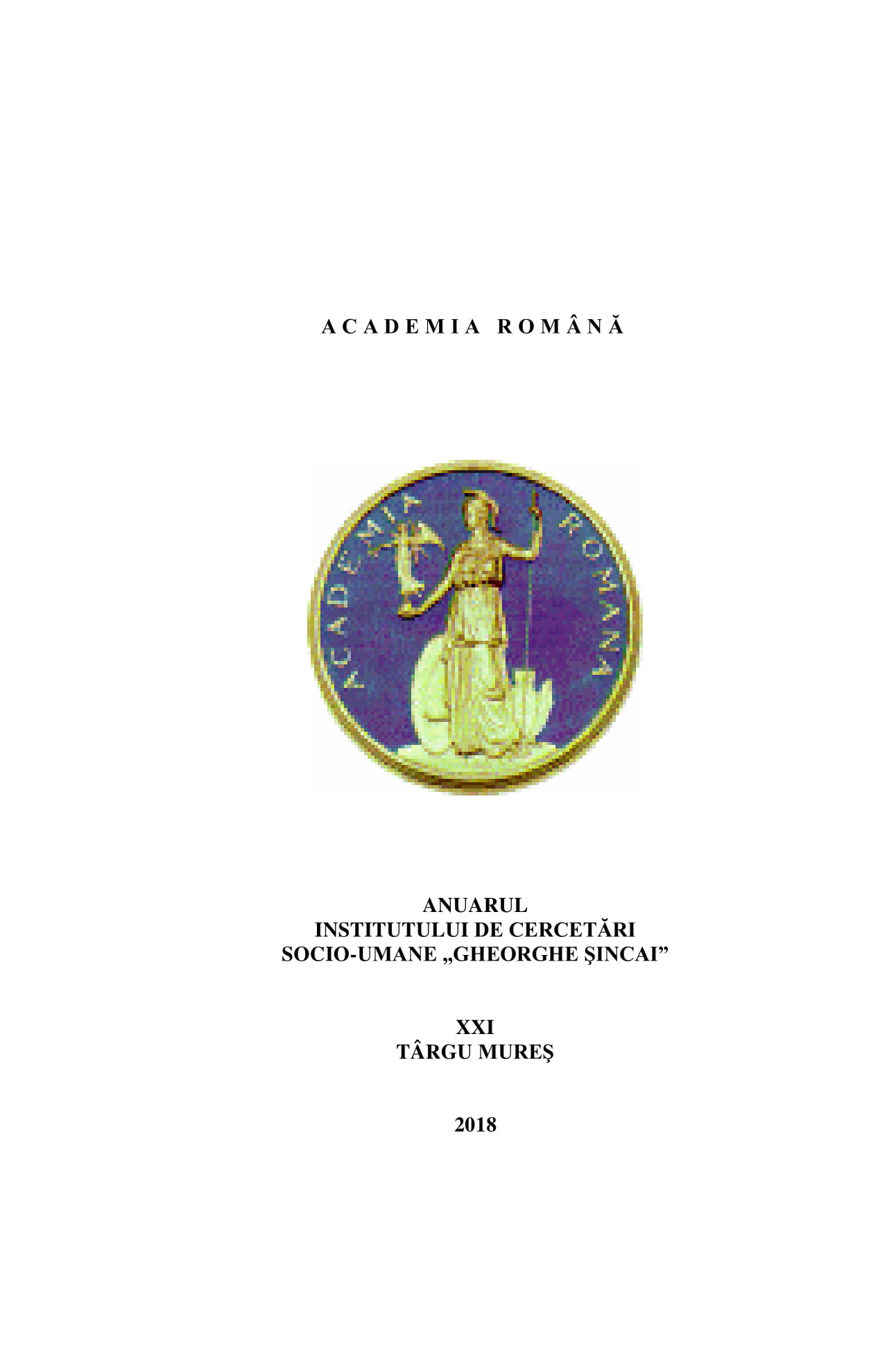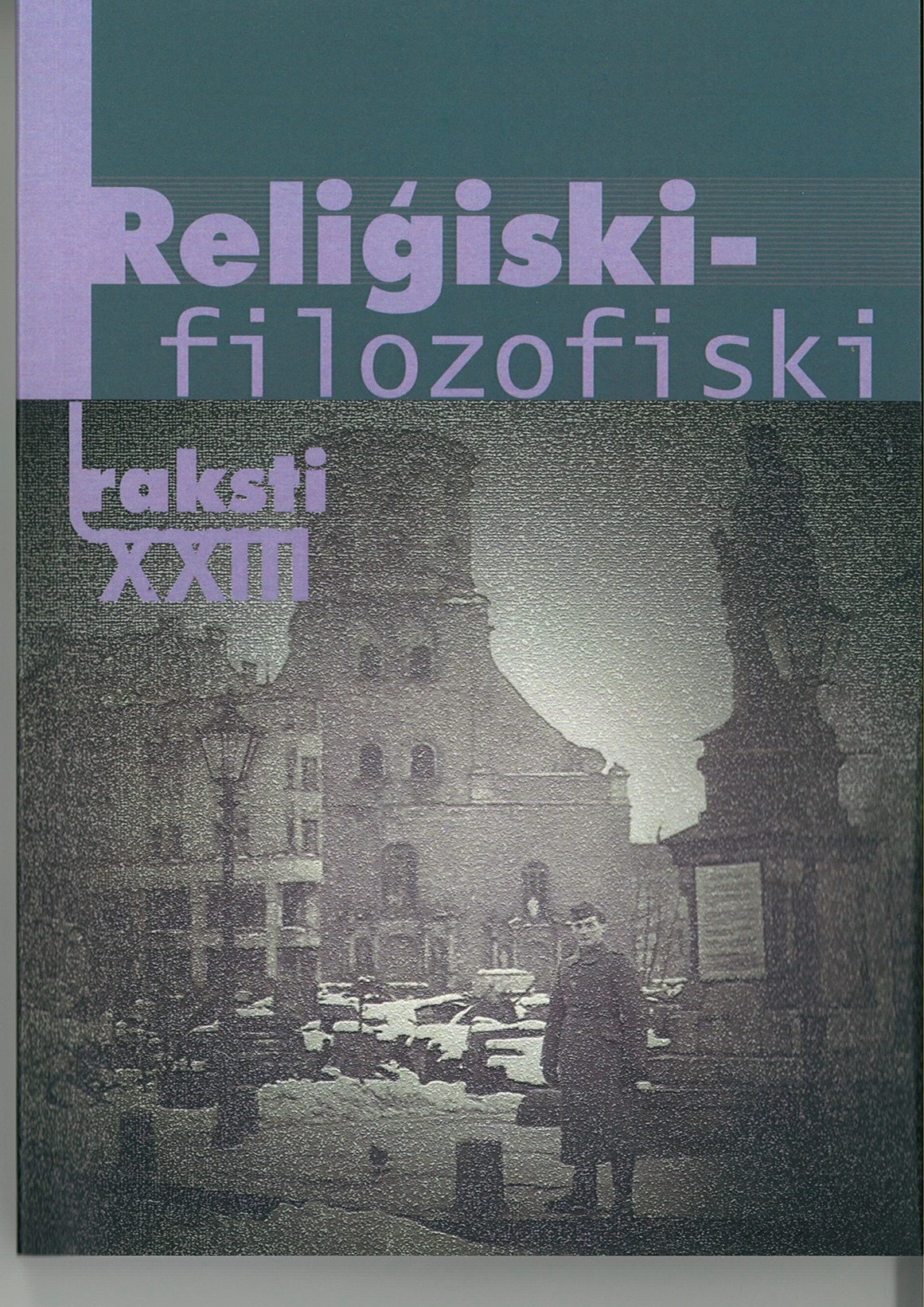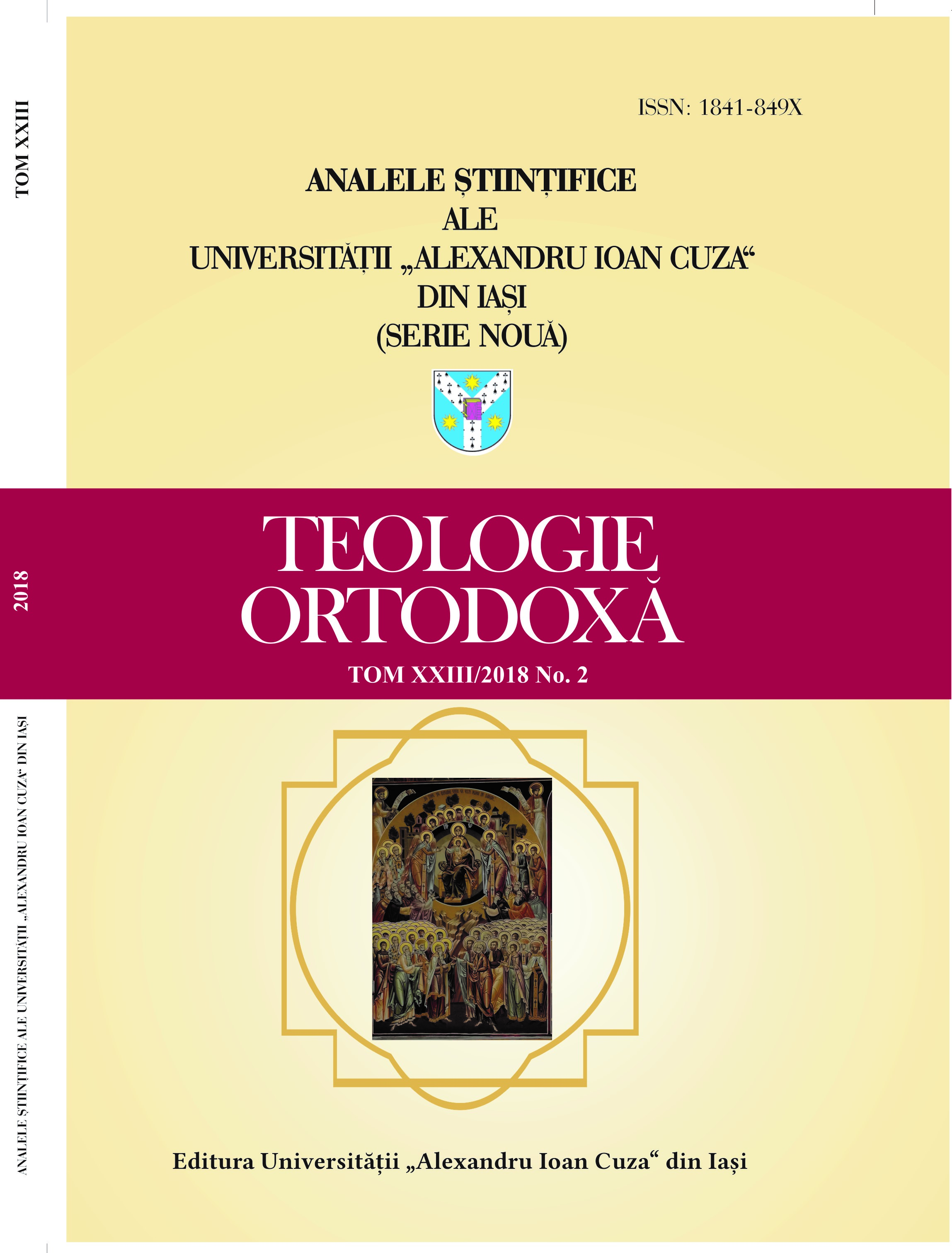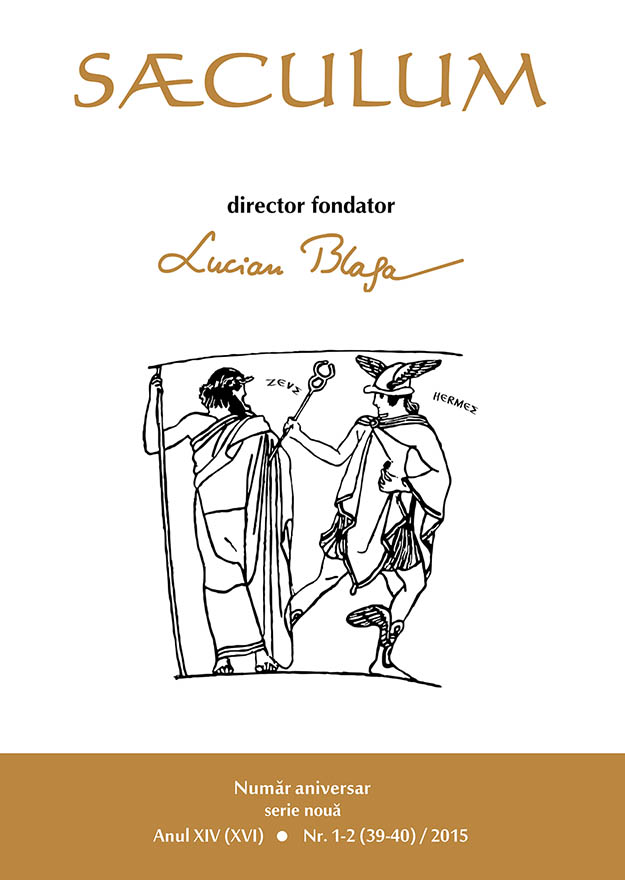
Calea teurgică
The theurgy is the combination of knowledge and rituals with the intention of something mystical-religious: the Chaldean Oracles are the first expression of theurgy. The theurgy can be practiced in two ways: the first one involves the use of symbols, the other requires the participation of a trance medium. For Jamblichus the theurgy rappresents the elevation of the soul to ddivine through the work of the Gods. He poses the theurgy at the top so that it takes the place of mysticism. For Porfirio, the theurgy, as initial purification of passions, is efficient only in relationa to the irrational part of the soul; and that this also can be purified only with the help of moral virtues, and with the progressive scale of all the virtues.
More...
